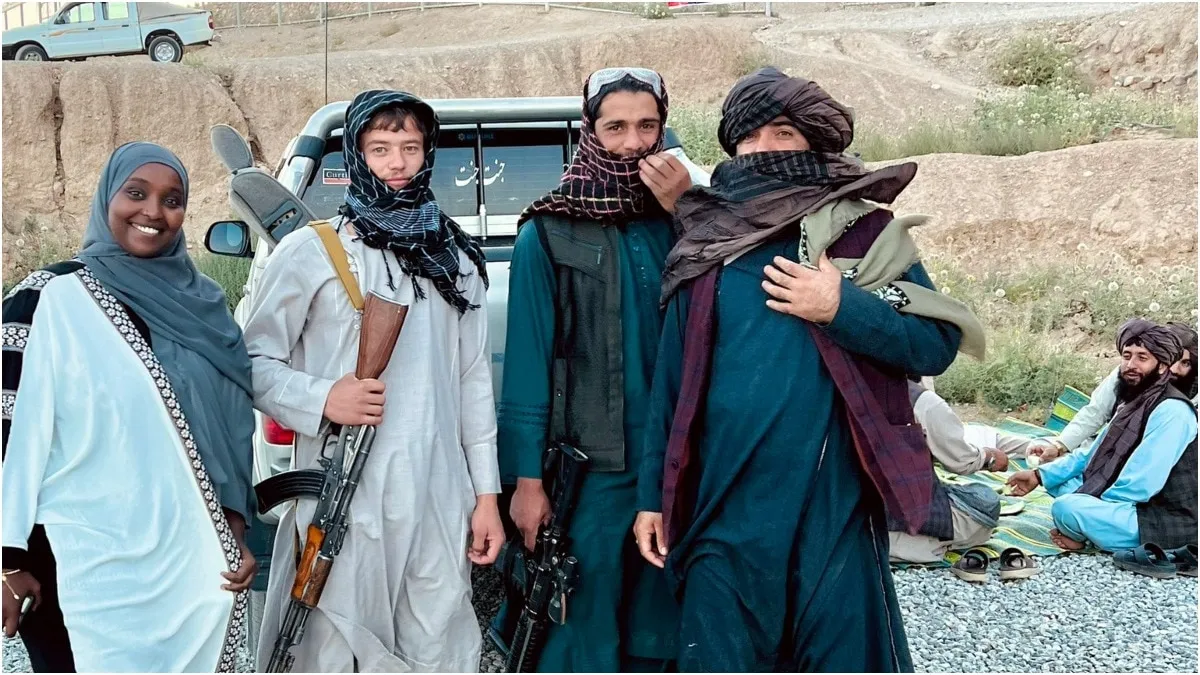Taliban Travel Influencer Faces Backlash Over 'Fangirl' Moment

Travel Influencer's Controversial Encounter with the Taliban
A travel influencer has been at the receiving end of criticism on social media after posting a picture from her trip to Afghanistan where she appeared to fangirl over Taliban fighters. Somali-American influencer Marian Abdi, popularly known as ‘Geenyada Madow’, was slammed for her social media posts from Afghanistan as she said that visiting the nation was a ‘dream come true’.
The backlash intensified after Abdi posted a picture in which she was seen smiling and posing next to Taliban fighters armed with AK-47s. As her post went viral with over 4 million views, Abdi found herself on the receiving end of the internet with several users calling her a ‘disgrace to all women’.
Critical Reactions to Abdi's Posts
- “Shameful,” a user said, adding, “You are a disgrace, your presence and smile are an offense to all the women in Afghanistan.”
- Many questioned whether Abdi inquired about the Taliban's harsh policies, including stoning women and denying them education.
- “I'm assuming you didn't ask why they stone women or have banned education for girls,” a user noted.
On YouTube, Abdi discussed her encounter with the Taliban, expressing that she was “super nervous” about the meeting. She claimed that she inquired about why Afghan girls were barred from continuing their education beyond sixth grade, receiving varied reactions from the Taliban members.
“Visiting Afghanistan has been a dream come true. This country is recovering from 40 years of war and turmoil. Over the next few days, I will share my experiences here in Afghanistan, including insights into the people, the food, and the overall culture. I'll also explore what it's like to navigate a society where men dominate many aspects of life,” Abdi posted on Instagram on August 14.
Abdi reacted to the backlash in a post on X, attempting to clarify her intentions.
The Taliban seized Kabul on August 15, 2021, after the US-backed government collapsed. Their restrictions on women, described as “gender apartheid” by the United Nations, continue to be a major point of contention.
This article was prepared using information from open sources in accordance with the principles of Ethical Policy. The editorial team is not responsible for absolute accuracy, as it relies on data from the sources referenced.